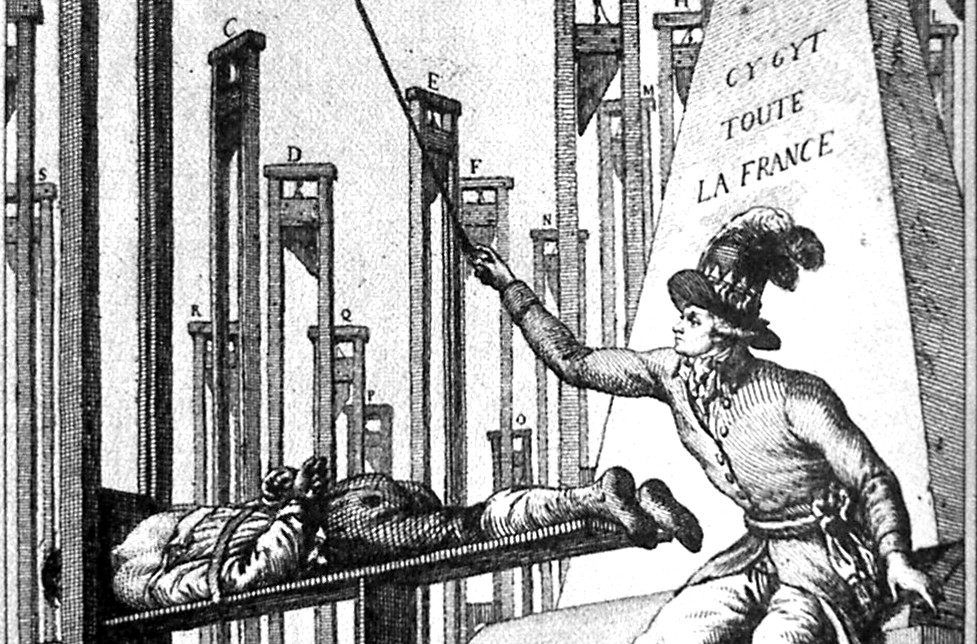I’m beginning to think all posts on Europe should fall into the category interesting times, partly in honor of Eric Hobsbawm. Our last piece of interesting news from the past month is the French budget for 2013. François Hollande’s initiation into austerity is not as unexpected as Mitterrand’s 1983 U-turn (the problem with French Socialism being it doesn’t have a word for volte-face), but is nevertheless disappointing.
To be sure, there are important differences between French rigueur and other forms of austerity. The 75% income tax on those earning more than a million Euros is –in Europe– an easier sell than the Cameron government’s tax breaks. Hollande is also making good on his promise to increase by 11,000 the number of public teachers, police officers, and Ministry of Justice employees –but is eliminating 12,300 jobs from Finance and Defense at the same time. The overall message is that France cannot afford to maintain its debt at 91% of GDP, and will struggle to keep its deficit below 3%. Given this fact, the French government’s choices make more sense than the Ryan Plan.
…But you can’t have the cake and eat it too.
Running a deflationary policy is bound to become unpopular sooner than later. And Hollande is already facing the two-front battle Social Democrats have to put up with when they implement austerity: their own party and base (not to mention the Greens and Front Gauche) on the left, billionaires and “entrepreneurs” on the right. Unsurprisingly, Hollande’s popularity is plummeting –and likely to continue on a freefall.
All of this comes as a disappointment for those who expected the Hollande government to derail German-led austerity. Unfortunately, I’m not sure that these expectations were justified to begin with. The choice of Jean-Marc Ayrault as Prime Minister and Manuel Valls -a self-described “blairite”- as Minister of Interior signaled an attempt to reassure, rather than challenge, Berlin. Furthermore, the days when France could use Europe as a springboard to pursue its interests are long gone. Even the notion of the Franco-German axis as the driving force behind European integration is questionable: Germany needs France to hide its strength, and France needs Germany to hide its weakness.
Finally, I am not very impressed by Parti socialiste. Its only elected president before Hollande was François Mitterrand, an extremely ambiguous figure –not the least because of his participation in the Vichy regime. Mitterrand even found Margaret Thatcher sexually attractive, and I find this disturbing. But PS does not monopolize the left, and the French are still better than anyone else when they take it to the streets (remember that general strike two years ago when the retirement age was raised… to 62?). If and when France goes for full-fledged austerity, the backlash will be worth watching.

"She has the eyes of Caligula and the mouth of Marilyn Monroe." Also forgot to mention DSK. Ps and disturbing sexual conduct, the tentative topic of a fascinating honors thesis…
"Mitterrand even found Margaret Thatcher sexually attractive, and I find this disturbing."
I think you might overestimate the sensitivity of the French to protesting in response to atrocity, since if this fact did not spark a riot I am not totally sure what would.